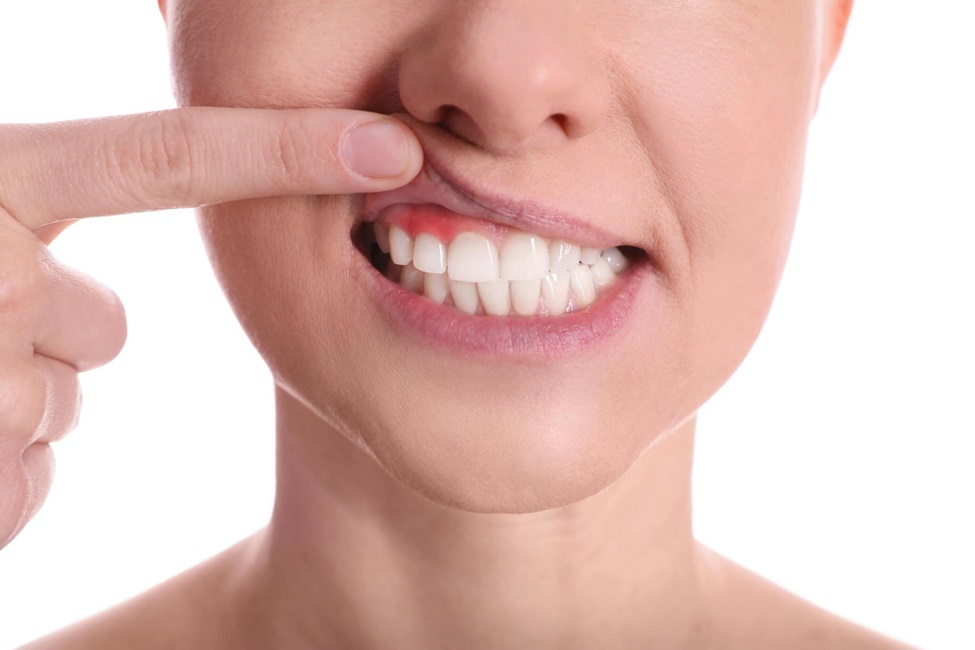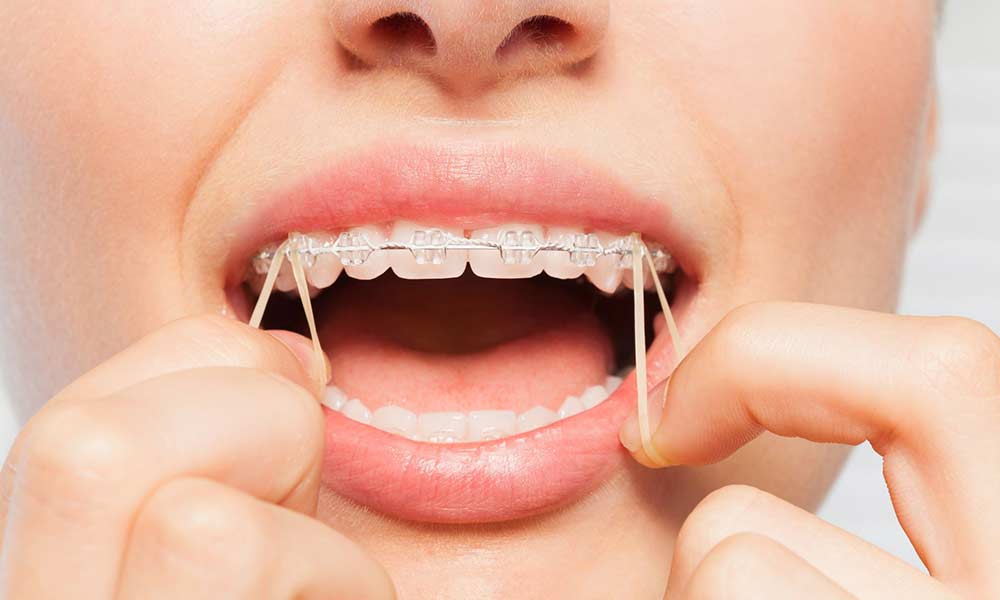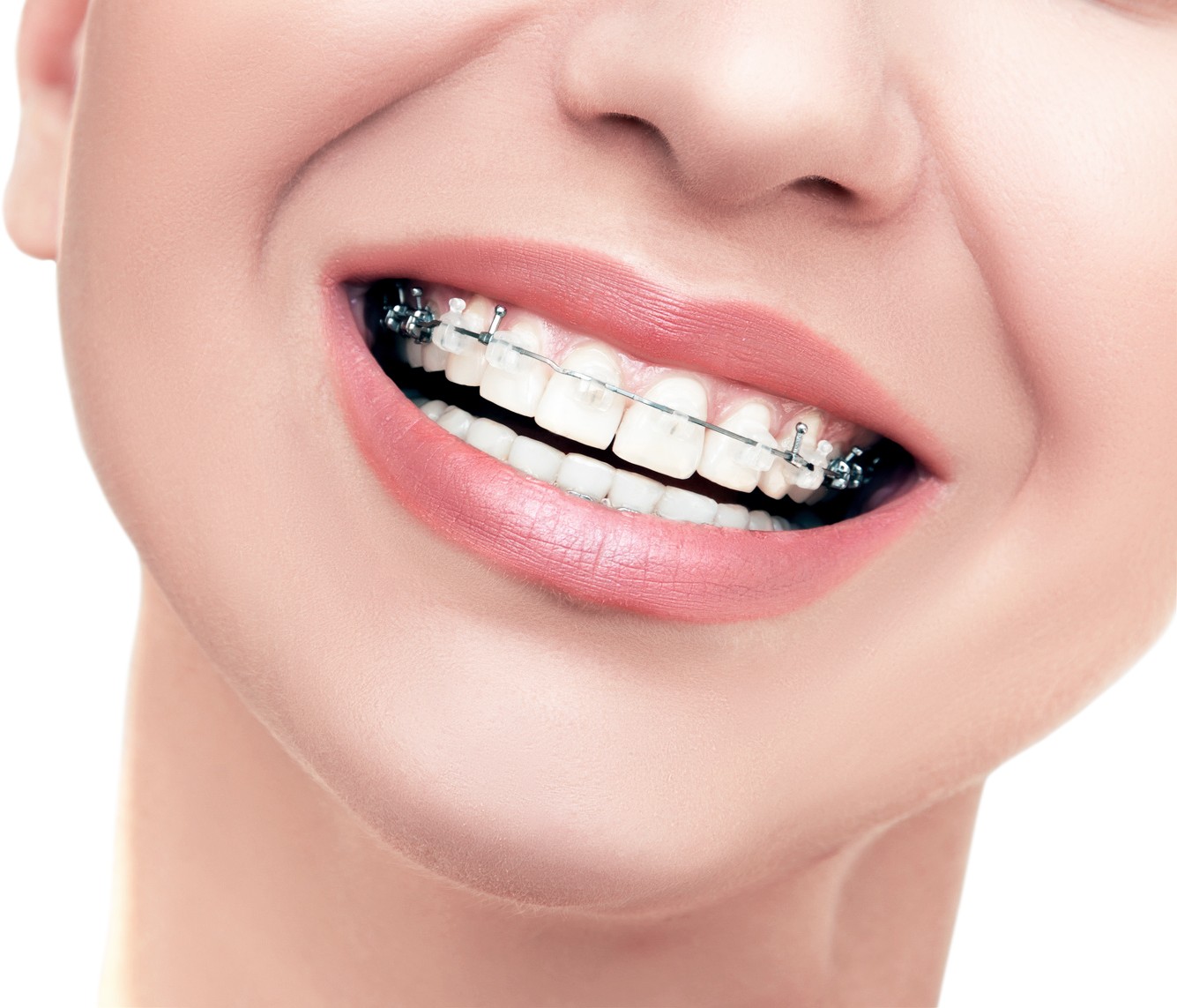Infection in your gums and adjacent soft tissues can result in gum disease. If not treated properly, it can affect your overall oral health. The periodontal disease can also affect your teeth. From smoking and diabetes to oral hygiene issues, different factors can lead to gum diseases. But when should you contact a dentist to treat your gum issues?
Bleeding gums
You may notice your gum disease symptoms when you chomp on a snack or brush your teeth. If you have gum issues, you may feel a copper taste. Bleeding gums sometimes indicate that you have put an excessive force while flossing or brushing. However, it can also be a sign of gingivitis. So, gums will start bleeding if you experience gingivitis. Your gums will become more sensitive and inflamed.
Inflamed and swollen gums
The tartar and plaque buildup in your gum line will cause inflammation. Your gums will become swollen or appear red. If you feel discomfort during flossing and brushing, you will feel pain. To avoid further issues, you can visit the dental office in Scottsdale.
Receding gums
People with gum disorder often have receding gums. It occurs especially if your gum tissues have started pulling away from your tooth. Your tooth root and teeth will get exposed. Your teeth may also appear longer if they are exposed to cold and hot temperatures. Due to the receding gums, you will experience bacterial buildups. The harmful bacteria may destroy your gum tissues over time.
Bad breath
Due to the bacteria and plaque on your teeth, there is a risk of bad breath. The stinky bacteria can result in bad breath. With proper brushing, you can avoid these issues. However, if you currently experience bad breath, you have to consult your dentist. Most dentists recommend the Scaling and Root Planning technique to clean your teeth and gum.
Tooth Sensitivity
If your tooth’s dentin and root get exposed, there is a risk of sensitivity. The particular parts of the tooth become highly sensitive, and you may feel intense if you eat cold or hot drinks.
Loose teeth
A loose tooth is another sign of a gum problem. With the progress of your gum disease, your teeth can become loose. They will fall out if you have not considered the right treatment.
Pus in your oral parts
Abscesses are formed between teeth, and they look like red balls. You will notice pus inside it. However, abscesses may burst at times, causing the part to be painful. So, you will experience a fever due to this problem. You must consider professional treatment for abscesses to avoid long-term damage to teeth and gums.
Conclusion
There are both surgical and non-surgical treatments for gum disorders. Frequent dental cleanings and antibiotics can reverse your gum infection. Your dentist will recommend surgical processes to deal with severe issues. The surgical treatments will remove your infected tissues to restore the healthy ones.





